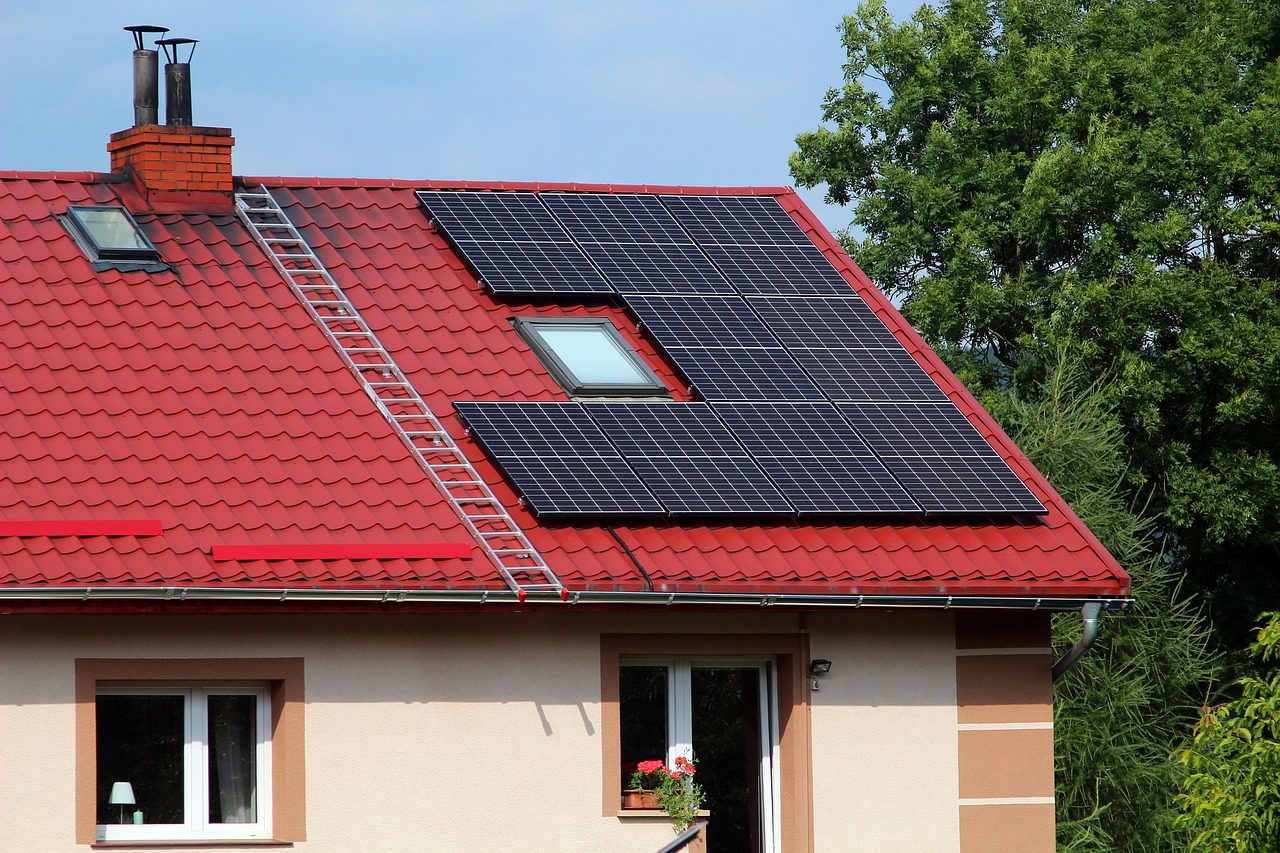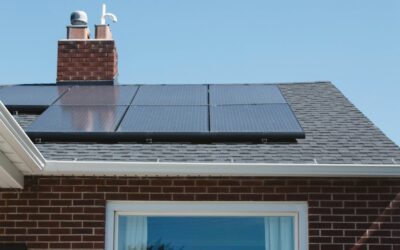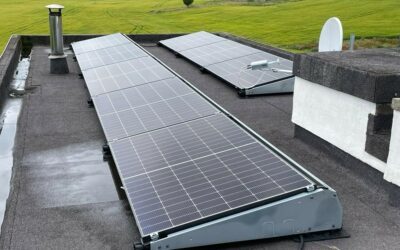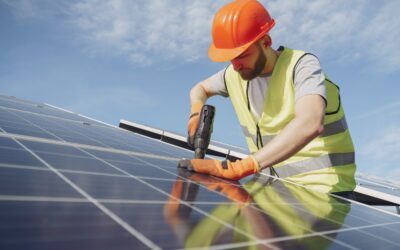Explore the various solar panel systems available, their advantages, disadvantages, and ideal applications to make an informed decision for your energy needs.
As the demand for renewable energy grows, solar panel systems have become increasingly popular for both home and businesses.
Different systems offer unique benefits and challenges, making them suitable for specific situations.
This article provides an in-depth look at the benefits, drawbacks, and appropriate use cases for solar energy, covering grid-tied, off-grid, and hybrid systems.
Benefits of Solar Energy
Renewable Energy Source
Solar power helps minimize our use of fossil fuels and reduce our environmental impact. Solar systems harness energy from the sun, a renewable resource, to generate electricity.
Reduces Electric Bill
Solar energy can significantly lower or even eliminate electricity bills. By generating your own power, you can reduce your dependence on the grid and save on monthly energy costs.
Energy Independence
Solar systems, especially when paired with battery storage, can make homes fully off-grid. This means you can generate and store your own power, reducing reliance on the local utility grid. Hybrid systems offer a combination of grid-tied and off-grid benefits, providing backup power during outages.
Increases Home Value
Solar panels can enhance property values and appeal. Homes with solar installations are often valued higher and sell faster than those without.
Long-Term Savings
Initial costs are offset by long-term savings on energy bills. While the upfront investment in solar panels and installation can be significant, the long-term financial benefits often justify the cost.
Low Maintenance
Solar systems require minimal maintenance once installed. Regular cleaning and occasional professional inspections ensure optimal performance.
Benefits the Community
Net metering allows consumers to sell excess electricity back to the utility company, reducing reliance on fossil fuels and supporting local energy needs.
Diverse Uses
Solar power is versatile, useful for homes, remote areas, and various applications. It can be deployed in places where extending the grid is impractical, such as in rural areas, cabins, and for agricultural use.
Rising Power Prices
Solar can protect against increasing electricity costs. With power prices on the rise, generating your own electricity can provide significant financial relief.
Improving Technology
Advancements in solar technology make it more efficient and affordable. Innovations in photovoltaic cells and battery storage continue to improve the performance and reduce the cost of solar energy systems.
Drawbacks of Solar Energy
High Initial Costs
The setup of a complete solar system can be expensive. Despite decreases in the cost of solar panels, the overall investment can still be substantial.
Sunlight Dependent
Solar energy generation depends on sunlight availability. This can be a limitation in areas with less sunlight or during cloudy days. Off-grid systems often include batteries to store excess energy for use during non-sunny periods.
Space Constraints
Sufficient space is needed for the installation of solar panels. This can be a challenge in densely populated urban areas with limited roof or land space.
Expensive Storage
Solar batteries for storing excess energy can be costly. The price of solar batteries varies, with options like lead-acid and lithium-ion batteries offering different cost and performance characteristics.
Manufacturing Impact
Production of solar panels has an environmental impact. The manufacturing process involves the use of raw materials and energy, which can contribute to greenhouse gas emissions.
Difficulty with Relocation
Moving installed solar systems can be challenging and costly. Solar panels are typically considered a permanent addition to a property.
Material Scarcity
Limited availability of raw materials needed for solar panel production. The mining and processing of materials like silicon and rare earth metals can have environmental and economic implications.
Disposal Issues
Limited recycling options for solar panels at the end of their life. As solar installations age, finding sustainable ways to dispose of or recycle panels remains a challenge.
How Sustainable Is Solar Energy?
Solar energy remains more sustainable than fossil fuels, which are limited in supply and release harmful greenhouse gases when burned.
The limiting factors in solar energy’s sustainability include the scarcity of raw materials required for production, the emissions during manufacturing, and the environmental impact of disposal. However, solar power offsets its own carbon footprint within a few years of use, making it a viable long-term solution.
Additionally, while solar panels are recyclable, the infrastructure for large-scale recycling is still developing.
Continued advancements in technology and increased recycling efforts are expected to enhance solar energy’s sustainability over time.
Who Should Use Solar Energy?
Solar energy is now accessible to both large-scale industry and individual consumers.
Any consumer with the substantial means to invest in a solar system installation can benefit from the advantages of solar power and the long-term savings it offers. Solar loans and incentive programs provide options for those without the hefty capital required upfront.
Homeowners, businesses, and remote areas without reliable grid access are ideal candidates for solar panel systems.
The decision to switch to solar energy should consider individual energy needs, budget, location, and available incentives.
Is Solar Energy Worth the Cost?
Typically, yes, solar energy is worth the cost. However, whether it’s right for you depends on various factors, including your location, tax rebates, incentives, and net metering availability.
While the benefits of solar energy outweigh the disadvantages, the feasibility of a solar venture will vary based on the consumer’s financial means, living situation, and space constraints.
Long-term savings on electricity bills, increased home value, and environmental benefits often justify the initial investment.
Consulting with a professional solar installer can help determine the best approach for your specific situation.
Pros and Cons of Solar Energy
Advantages |
Disadvantages |
|---|---|
|
Renewable Energy Source: Solar power helps minimize our use of fossil fuels and reduce our environmental impact. Reduces Electric Bill: Solar energy can significantly lower or even eliminate electricity bills. Energy Independence: Solar systems, especially when paired with battery storage, can make homes fully off-grid. Increases Home Value: Solar panels can enhance property values and appeal. Long-Term Savings: Initial costs are offset by long-term savings on energy bills. Low Maintenance: Solar systems require minimal maintenance once installed. Benefits the Community: Net metering can reduce reliance on fossil fuels and support local energy needs. Diverse Uses: Solar power is versatile, useful for homes, remote areas, and various applications. Rising Power Prices: Solar can protect against increasing electricity costs. Improving Technology: Advancements in solar technology make it more efficient and affordable. |
High Initial Costs: The setup of a complete solar system can be expensive. Sunlight Dependent: Solar energy generation depends on sunlight availability. Space Constraints: Sufficient space is needed for the installation of solar panels. Expensive Storage: Solar batteries for storing excess energy can be costly. Manufacturing Impact: Production of solar panels has an environmental impact. Difficulty with Relocation: Moving installed solar systems can be challenging and costly. Material Scarcity: Limited availability of raw materials needed for solar panel production. Disposal Issues: Limited recycling options for solar panels at the end of their life. |
Future Outlook for Solar Energy
Conclusion
Understanding the benefits, drawbacks, and appropriate use cases of solar energy can help you make an informed decision about integrating solar power into your home or business.
Solar technology offers a range of solutions suitable for various needs, providing long-term savings, energy independence, and environmental benefits.
As advancements continue, investing in solar energy is a forward-thinking choice for a greener future.

About Stuart Munro
Stuart Munro, Director of i-Protech Technology and i-Protech Renewables Ltd, has almost a decade of expertise with renewable energy. Stuart has solidified i-Protech’s stature as a leader in solar energy and battery storage solutions. His commitment to renewable technologies has not only advanced the company’s portfolio in electrical and security systems but also underscored his dedication to environmental stewardship.





